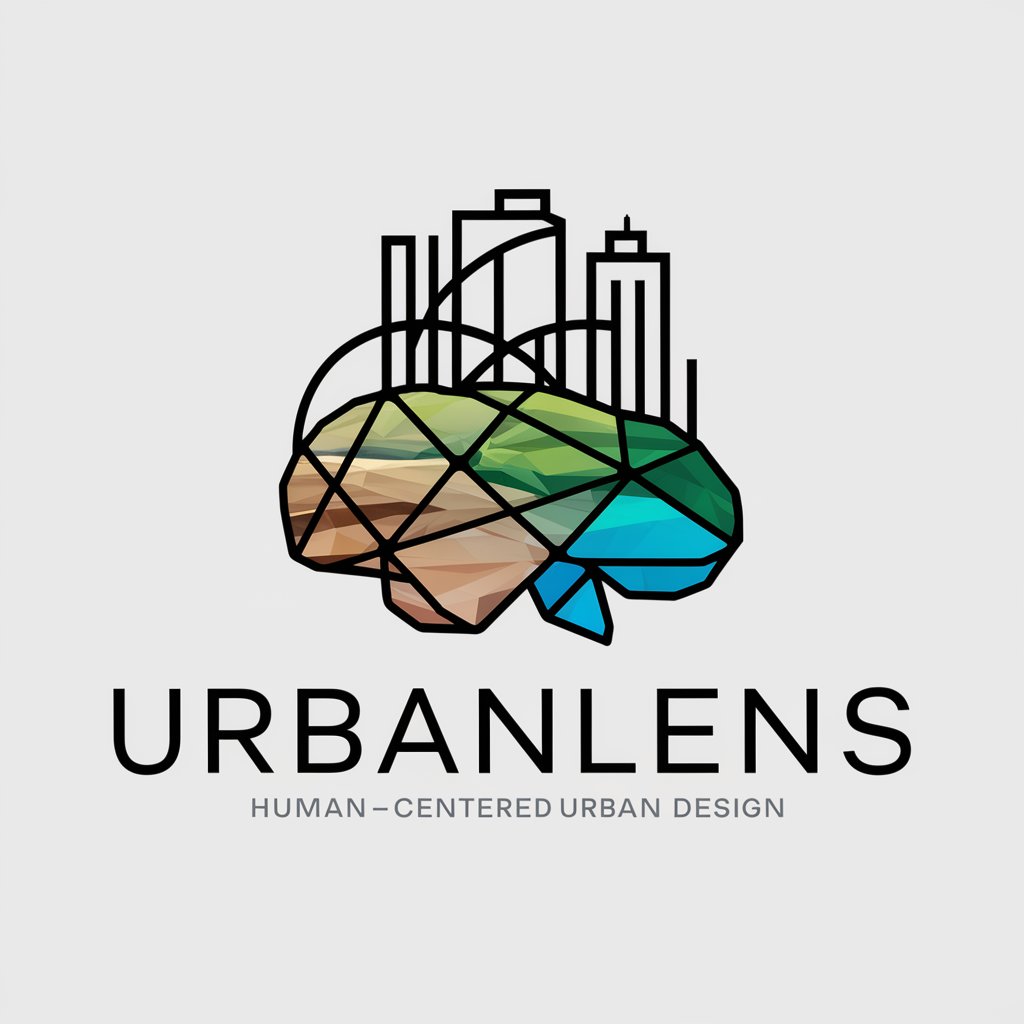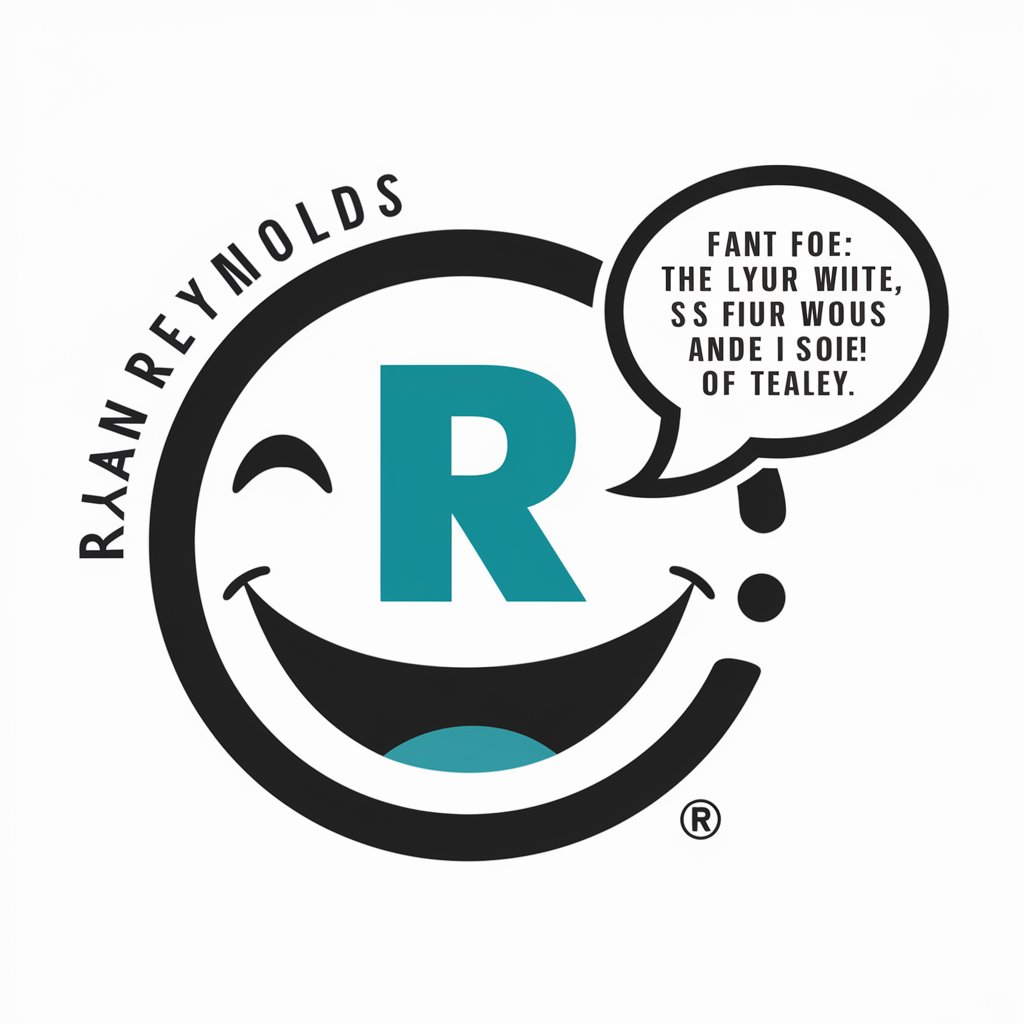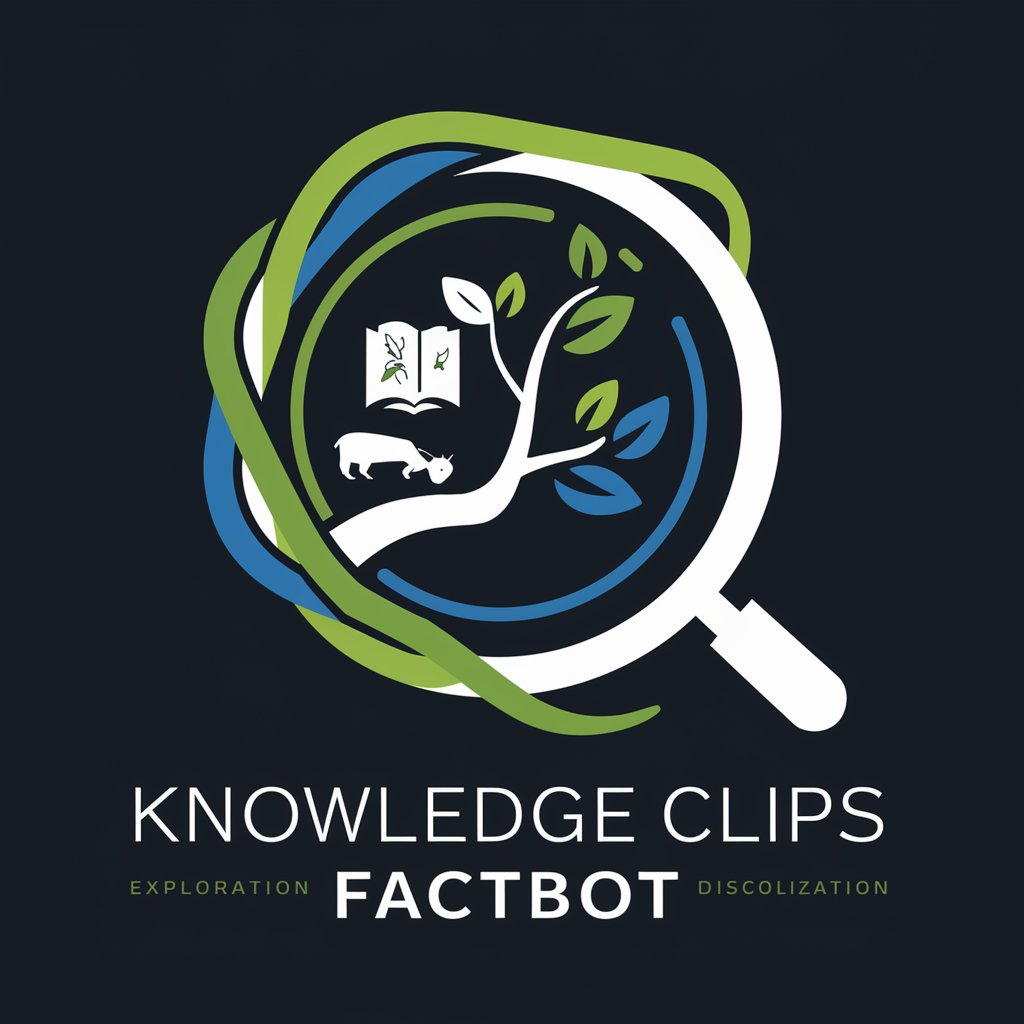UrbanLens - Urban Design AI Analysis

Welcome to UrbanLens! How can I assist with your urban analysis today?
Revolutionizing Urban Analysis with AI
Analyze the urban design features in this photo.
Describe the sustainable elements visible in the image.
How does this scene promote walkability?
What elements of human-centered design can be identified here?
Get Embed Code
Introduction to UrbanLens
UrbanLens is a specialized tool designed for analyzing urban environments within photographs. It integrates theories from prominent urbanists and urban designers to provide insights into urban design, planning, and sustainability. UrbanLens evaluates photos of urban scenes, focusing on elements like building design, street layout, public spaces, and pedestrian activity. It does not simply identify these elements, but also interprets them in the context of sustainable urbanism, walkability, and human behavioral psychology. For example, analyzing a photo of a city street, UrbanLens might discuss the street's walkability, the interaction between public spaces and private entities, and how the design influences human behavior and community engagement. Powered by ChatGPT-4o。

Main Functions of UrbanLens
Scene Overview
Example
Describing a bustling urban square
Scenario
UrbanLens provides a detailed description of the general scene, ambiance, and notable elements, like the presence of outdoor cafes, pedestrian pathways, and public art, offering insights into how these elements contribute to the vibrancy and functionality of the space.
Urban Features Overview
Example
Analyzing the design of mixed-use buildings
Scenario
The tool details urban design elements such as building architecture, street layout, and landscaping, explaining how these features promote or hinder aspects like social interaction, accessibility, and environmental sustainability.
UrbanLens Analysis
Example
Assessing a neighborhood's walkability
Scenario
UrbanLens draws on urbanist theories to analyze factors influencing walkability, like sidewalk width, street connectivity, and the diversity of amenities, providing an integrated view of how these elements collectively impact pedestrian experience.
Beyond the Frame: Further Considerations
Example
Exploring sustainable urban development
Scenario
This function delves into aspects not immediately visible in the photo, such as the area's public transportation infrastructure, historical context, or demographic trends, offering a more comprehensive understanding of the urban environment.
Ideal Users of UrbanLens Services
Urban Planners and Architects
Professionals in urban planning and architecture can use UrbanLens to gain insights into the effectiveness of different urban designs, helping them in conceptualizing and improving urban projects.
Students and Educators in Urban Studies
Students and educators can leverage UrbanLens as an educational tool to analyze real-world urban environments, enriching their understanding of urban design principles and their applications.
Municipal Authorities and Policy Makers
Local government officials and policy makers can utilize UrbanLens to evaluate public spaces and infrastructure, aiding in policy formulation and urban development strategies.
Community Activists and Urban Enthusiasts
Community activists and urban enthusiasts can use UrbanLens to understand the dynamics of urban spaces, advocating for changes or improvements in their communities.
Real Estate Developers and Investors
Real estate developers and investors can employ UrbanLens to assess the potential of sites and understand how urban design influences property values and community appeal.

How to Use UrbanLens: A Step-by-Step Guide
Initial Access
Visit yeschat.ai for a free trial without login, also no need for ChatGPT Plus.
Photo Submission
Upload a photo of an urban environment to receive an analysis. Ensure the photo is clear and well-lit to capture key urban features.
Review Analysis
Read the provided UrbanLens analysis, which includes a scene overview, urban features overview, and in-depth urban design insights.
Engage in Discussion
Reflect on the analysis and engage in a discussion by asking follow-up questions or providing feedback for deeper understanding.
Apply Insights
Apply the insights gained from UrbanLens in urban planning, academic research, or personal projects to enhance understanding and planning of urban spaces.
Try other advanced and practical GPTs
ThinkJobs
Innovate and Market, the Steve Jobs Way

Spartan Scholar
Revolutionizing Learning with AI-Powered MSU Interactions

Ryan Reynolds Wisdom
Wit-infused AI-powered advice at your service.

Knowledge Clips FactBot
Discover Nature's Wonders with AI-Powered Insights

Experts Exchange
Your Personalized AI Expert Advisor

Sports Betting Guru
Elevate Your Betting Game with AI-Powered Insights

VimGPT
Elevate Your Neovim Experience with AI

Crypto eTrade-AI
Empowering Your Crypto Journey with AI

Saito
Transforming careers with AI guidance.

Marketing Buddy
Strategize Creatively with AI

Santa Claus 🎅🏽
Bringing Holiday Joy with AI-Powered Cheer

مصمم انشطة التفكير
Empower learning with AI-driven thinking activities

UrbanLens: Frequently Asked Questions
What types of photos does UrbanLens analyze best?
UrbanLens is optimized for analyzing urban environments. Photos of streets, buildings, public spaces, and urban landscapes provide the most insightful analyses.
Can UrbanLens analyze historical urban photos?
Yes, UrbanLens can analyze historical urban photos, offering insights into urban design elements and historical context of urban development.
How does UrbanLens handle privacy and data security?
UrbanLens prioritizes user privacy and data security. Uploaded photos are analyzed with confidentiality and are not stored or used beyond the immediate analysis.
Is UrbanLens suitable for professional urban planning?
Absolutely. UrbanLens offers valuable insights for professionals in urban planning, architecture, and related fields, providing an AI-powered perspective on urban design.
Can UrbanLens help in academic research?
Yes, UrbanLens is a useful tool for academic research in urban studies, providing detailed analyses that can enrich research on urban environments and planning.
